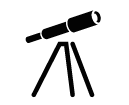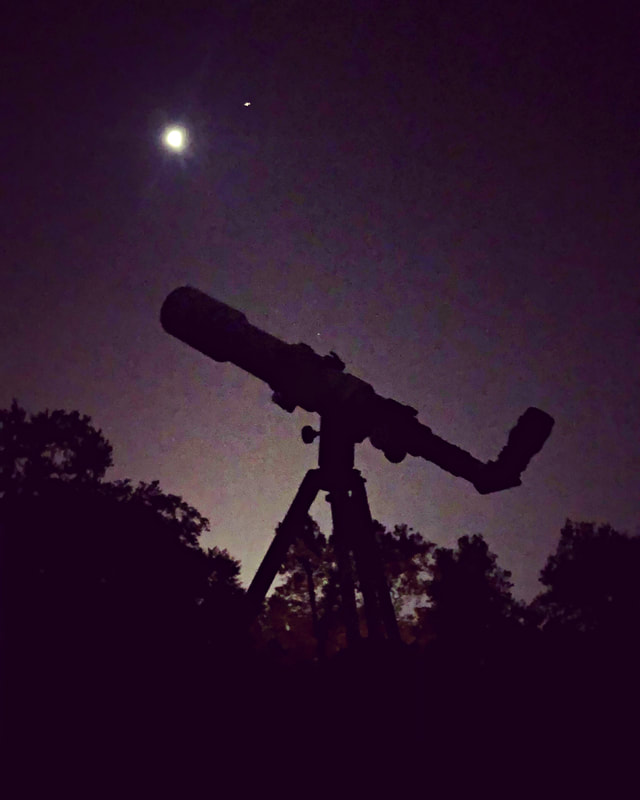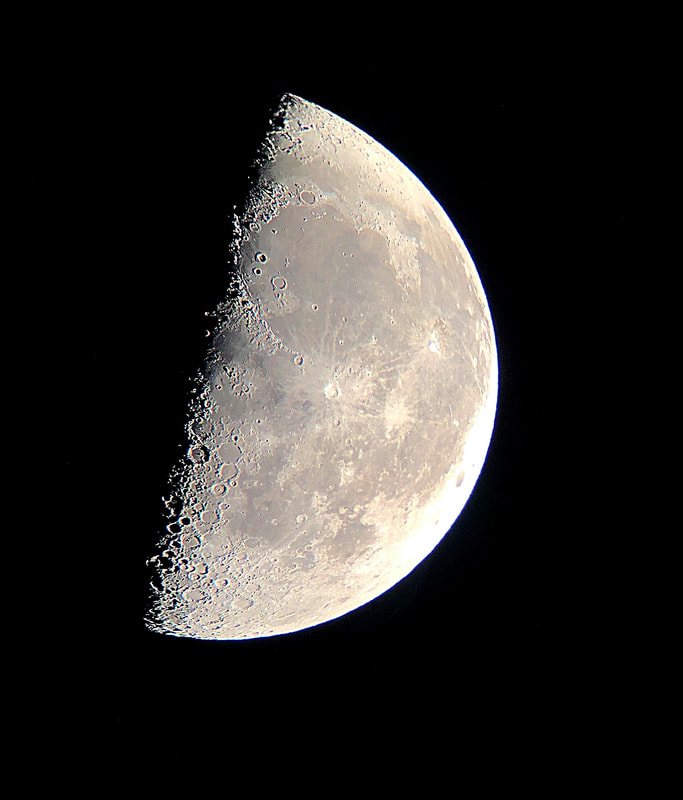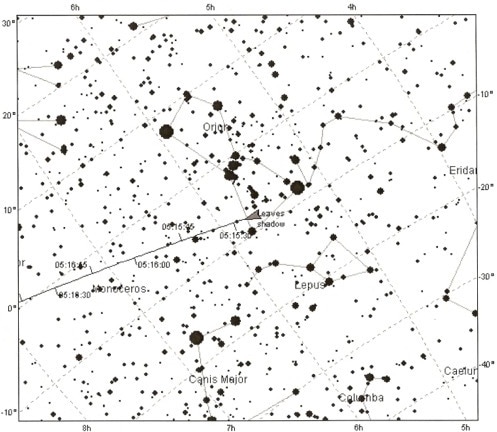|
The good times keep coming! Another clear morning, with average seeing and above-average transparency. Astronomy and my toddler have been costing me sleep recently, and deep down I knew it wasn't a good idea to head out in the wee hours again. Yet there I was, waking up at 2:30 AM, gulping down four cups of coffee, and slipping out the door with three big bags. My cat watched me go with a knowing look. When I got outside, the night seemed nearly perfect. Not a single cloud in the sky - now that's rare - and the stars seemed remarkably steady. Mars was a brilliant red near the half-Moon; it's getting noticeably brighter, it seems, with every week. The temperature was perfect, and a gentle breeze made it even better. As the Earth warms, I figure, most of us will be spending more time walking in the night. I guess I'll be a veteran. When I got to the park, conditions somehow seemed even better. I couldn't see the Milky Way, of course - not in these urban skies - but the sky did seem unusually full of stars. Then, as I unpacked my trusty Takahashi refractor, it suddenly hit me: I'd left my stool at home. A cascading series of problems followed. I'd taken my little Report tripod, which can usually hold the Takahashi okay, but only when not fully extended. Well, I would have to extend it all the way without a stool, and even then I'd have to bend over a little to use the eyepiece - let alone the red dot finder. A pleasant early morning under the skies suddenly seemed a lot less fun. My worst suspicions were realized when I turned to Mars, now high above the eastern horizon. The tripod wasn't up to the telescope, and the view took a full four seconds to stabilize when I nudged the planet into view. That's an especially big problem because I don't currently have an eyepiece with a big field of view, so I have to keep nudging and nudging - which means more and more wobbling. There was so much wobbling, in fact, that I hard time perfectly focusing the telescope - a consequence, in part, of the Takahashi's lack of a two-speed focuser. Craning over my eyepiece, I suddenly felt let down by my equipment, for the first time in months. If only I'd brought that stool! What's worse, the seeing turned out to be surprisingly uneven. It guess that breeze was messing with the view. Admittedly, the view of Mars would have thrilled me a month ago: there was the southern polar cap, bordered (if memory serves) by dark dunes, and there - in fleeting moments of atmospheric stability - a delicate latticework of dark albedo features, spidering up from the pole. And yet, on the whole it was all a bit blurrier than I expected. The Moon was impressive, with gloriously crisp detail around Plato in particular. I thought I could maybe - maybe - make out a few craterlets, but it was hard to be sure with the view wobbling, my neck aching, and my knees buckling.
When I turned south to Jupiter and Saturn, I was shocked - for the opposite reason I had been just a day and a half earlier. Both planets were almost void of detail, the view entirely washed out by terrible - not just bad, terrible - seeing. I hastily turned back to the Moon and tried not to remember the view through the APM. After a while, Venus rose to the northeast, a glorious golden crescent very near blood-red Aldebaran. It was nice to see the Pleiades again, rising over the trees. I suppose it won't be too long before Orion makes it reappearance in the morning sky. A bright comet, NEOWISE (C/2020 F3) is visible to the naked eye just before sunrise - a sight we haven't had, I think, since PANSTARRS (C2011/L4) in 2013, and Hale-Bopp (C/1995 O1) in 1997. Unfortunately, I couldn't stay out long enough to see it. I fervently hope it survives its pass by the Sun so I can catch it in the evening sky within a week or so - clouds permitting, of course. I walked home knowing it would be a very long day with very little sleep. Had it been worth it? If only I'd brought my stool, then certainly. But now . . . at least I'd gotten another good view of Mars. It's hard to imagine what it will look like in just a few months!
0 Comments
Leave a Reply. |
Archives
March 2024
Categories
All
|





 RSS Feed
RSS Feed